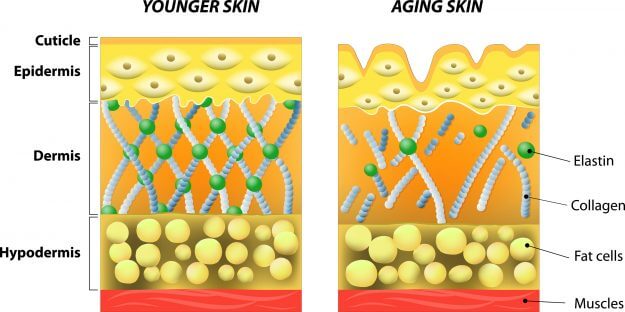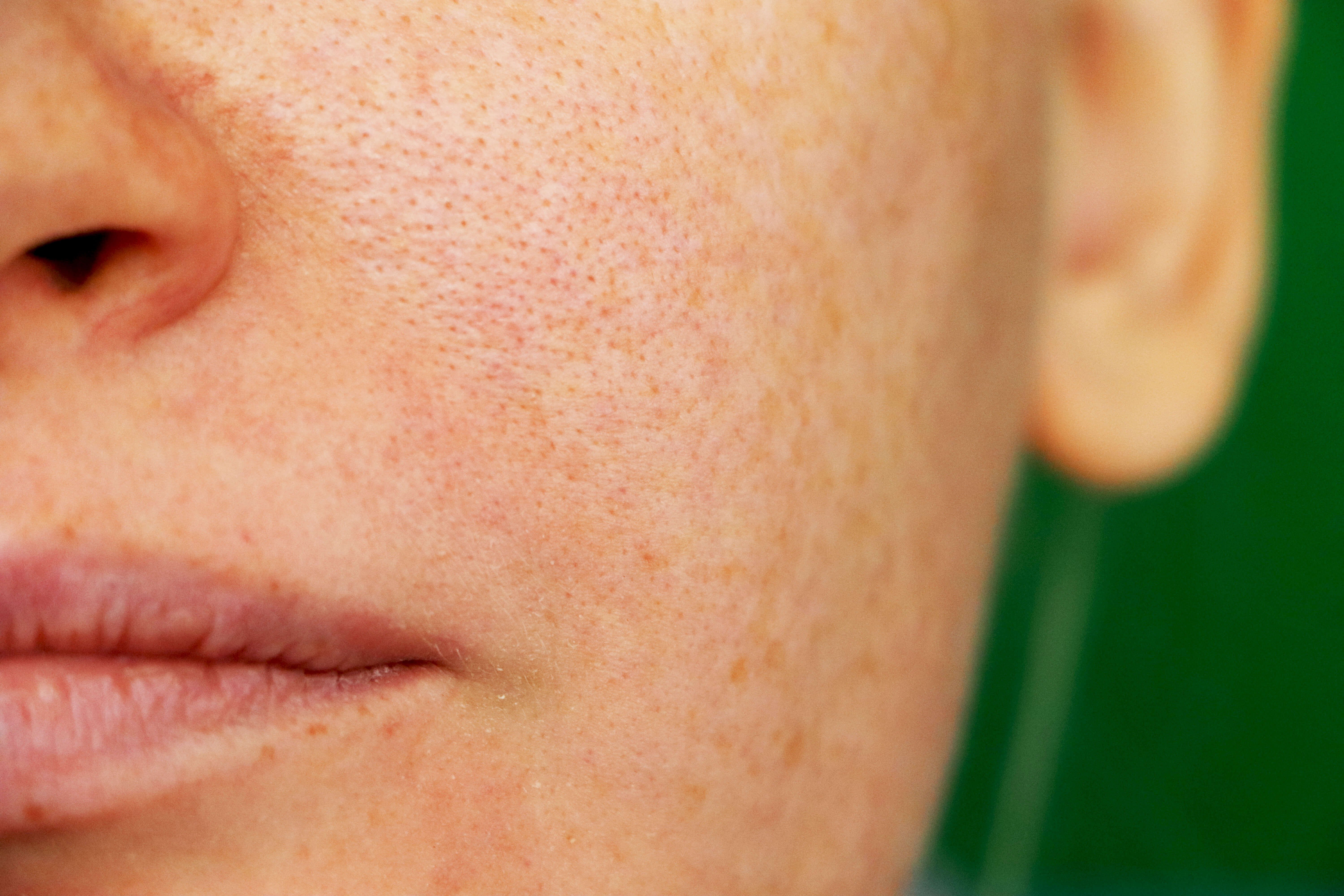There is a common misconception among women of color that their darker complexion would protect them from aging. The high levels of melanin in darker skin give it a natural, golden glow and keep it flourishing all year round.
It might even help stave off signs of aging like wrinkles, but it doesn’t protect against more serious skin conditions. In fact, melanin-rich skin is a lot more prone to conditions like hyperpigmentation, melasma, dark spots, acne, eczema, rosacea, excess oil, and more.
Women with darker skin tones have a special set of skincare needs and issues to watch out for. If you have a deeper complexion, you need to take special steps to take care of your skin.
Daily Use of Sunscreen
No matter what complexion or type of skin you have, you should always use sunscreen. UV radiation from the sun is the leading cause of premature aging for all complexions. While some people mistakenly believe that high levels of melanin will protect the skin from the damaging effects of the sun, UV radiation does not spare any skin tone and can cause photodamage.
Photodamage in darker skins leads to hyperpigmentation that gets worse with time in areas such as the lower face and cheeks, resulting in an uneven complexion. While the extra melanin does offer some protection to the skin from sunburns, it is still important to wear sunscreen regularly because it cannot prevent skin cancer.

Try products with SPF 30+ protection which blend well with darker skin. RoC Multi Correxion 5-in-1 Chest, Neck and Face Cream is a good option. You can also try the RoC Retinol Correxion Deep Wrinkle Daily Moisturizer, which has retinol (more on it later) and doubles as a moisturizer.
Adopt an Anti-Aging Routine and Make It a Habit
While melanin does protect darker skin from signs of aging such as wrinkles and dark spots, the higher susceptibility of melanin-rich skin to inflammation, hyperpigmentation, and excess oil can lead to premature signs of aging if not treated. As women of color get older, they get more prone to developing hyperpigmentation, and acne, rashes and trauma tend to leave blemishes that last longer.

I recommend a daily skincare routine consisting of cleansing, mild exfoliation and moisturizing to keep your skin looking nice and healthy. Adding a retinol product to your routine would also help brighten and even out your skin tone as well as reduce wrinkles by stimulating collagen production. You could also try using an antioxidant-rich serum, which would prevent the build-up of free radicals that lead to inflammation.
Never Leave Skin Irritation Untreated
Treat skin irritations like acne, rashes and eczema swiftly and more aggressively to prevent post-inflammatory hyperpigmentation from developing.
Choose Products That Address Hyperpigmentation
In some cases, acne, rashes and eczema can leave behind post-inflammatory hyperpigmentation. People with darker complexions commonly develop a skin condition known as melasma, where areas of hyperpigmentation develop on the skin, often following exposure to UV radiation.
While sunscreens can help protect against hyperpigmentation, there are also products which can be used for treating it. Products containing hydroquinone work great as hydroquinone blocks the enzyme responsible for melanin production. However, you can only get products with this ingredient through a prescription.
You can also ask your physician about products that contain ingredients like azelaic acid, licorice, glycolic acid and kojic acid as these are also great lightening agents.
Beware of Laser Treatments and Avoid Them If Possible
Fairer complexions usually do well with laser treatments for the removal of dark spots and wrinkles in comparison to darker complexions. Women of color need to be careful with such treatments. The heat from the laser can worsen a pigmentation issue by damaging the melanin layer and inflaming the skin, leaving behind post-inflammatory hyperpigmentation.

The danger of laser for dark complexions should also be kept in mind when you go for laser hair removal. These treatments work by targeting the melanin in the hair, but the laser is unable to differentiate between dark skin and dark hair, which can result in burns or scars. Having said that, if you still want to go for a laser treatment, look for a certified practitioner who has experience with darker complexions and machines that work better for darker complexions like Nd:YAG.
Seek a Dermatologist Who Knows Darker Skin
While most dermatologists would know about the many generic skincare issues faced by all complexions, not all are equally familiar with the specifics of dark complexions. Therefore, it is important for women of color to find a dermatologist with expertise in dealing with their specific issues. You can use AAD.org or the Skin of Color Society to find a dermatologist near you who understands dark skin.
Conclusion
Skincare isn't one-size-fits-all. Women of color have special needs and require that extra bit of care for their skin to keep it healthy. Try using the recommendations above in your skincare routine.


 Natural Ingredients to Treat Hyper-Pigmentation
Natural Ingredients to Treat Hyper-Pigmentation  Pumpkin Spice Beauty Products To Try
Pumpkin Spice Beauty Products To Try  What Skin Routine Should You Have Based On Your Blood Type?
What Skin Routine Should You Have Based On Your Blood Type?